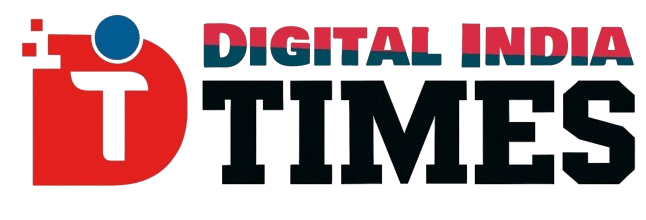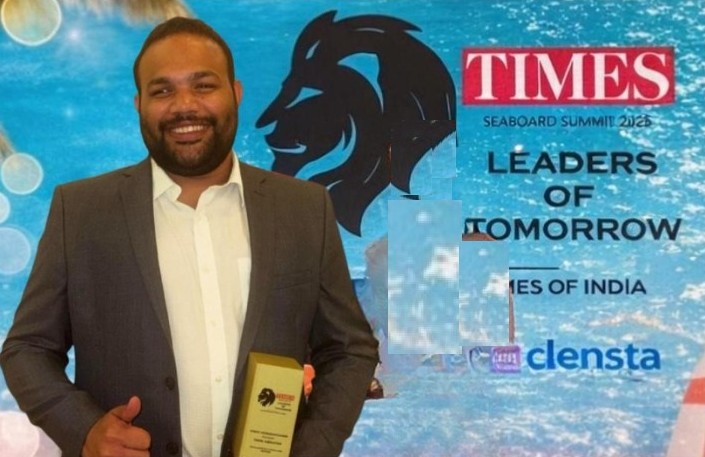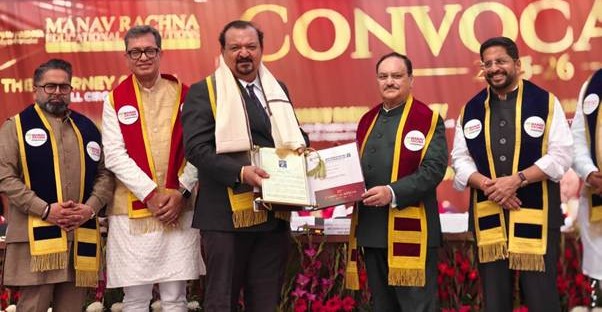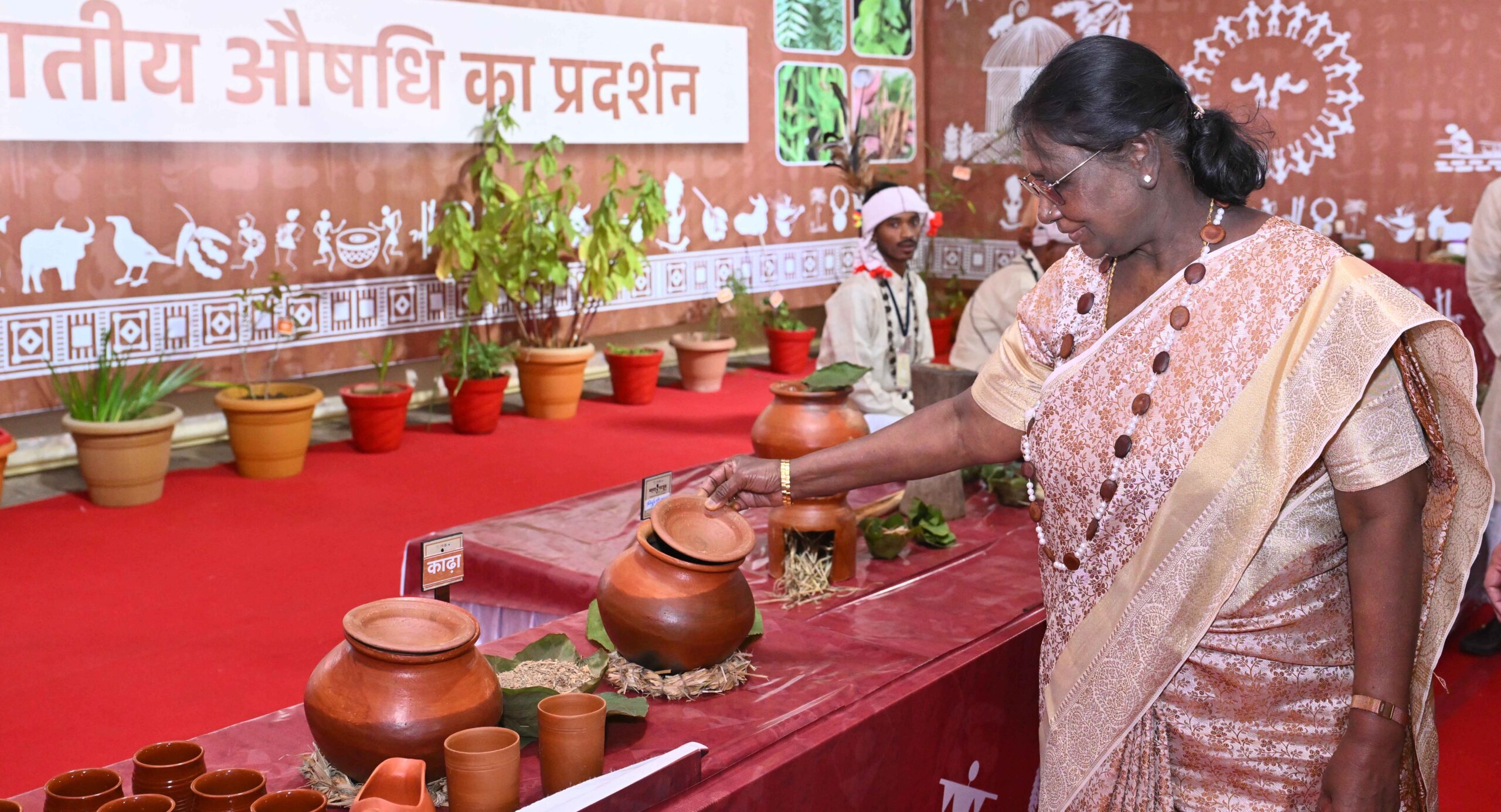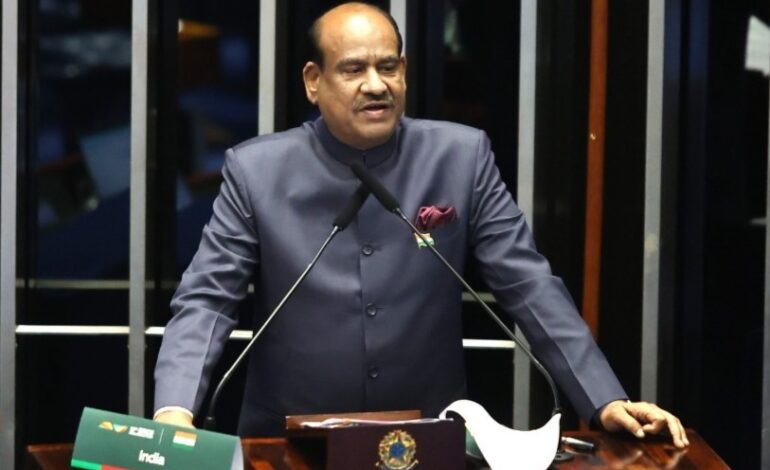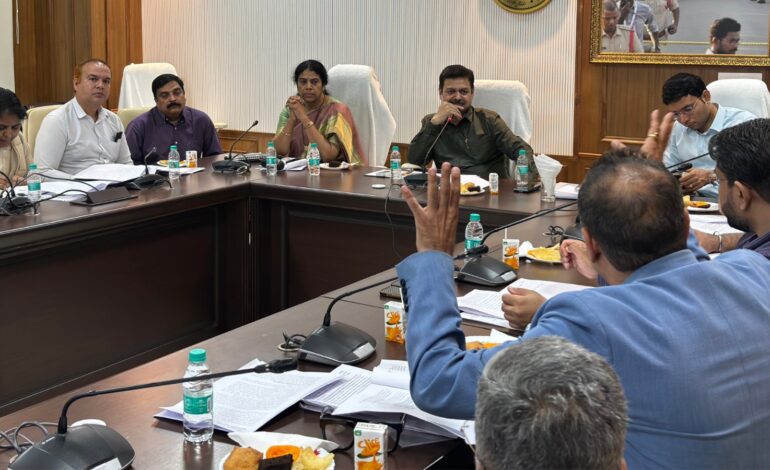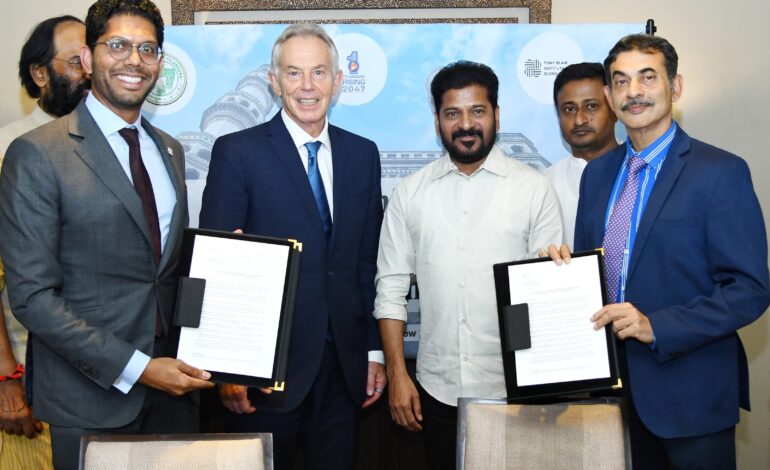National Workshop on Communication and Dissemination of Indian Knowledge System empowers teachers under CSIR-NIScPR’s SVASTIK initiative

More than 100 participants from 75 institutions across the country attended the workshop aimed at enhancing teachers’ capacity to communicate scientifically validated traditional knowledge to students and the wider community.
New Delhi, October 21: The CSIR–National Institute of Science Communication and Policy Research (NIScPR) organised a Capacity Building National Workshop for Teachers on “Communication and Dissemination of Indian Knowledge Systems (IKS)” under the national initiative SVASTIK (Scientifically Validated Societal Traditional Knowledge). The workshop, held on October 16, 2025, at Maharshi Dayanand University (MDU), Rohtak, was organised jointly with the Indian National Young Academy of Science (INYAS) under its RuSETUp (Rural Science Education Training Utility Programme).
More than 100 participants from 75 institutions across the country attended the workshop aimed at enhancing teachers’ capacity to communicate scientifically validated traditional knowledge to students and the wider community.
The programme began with a welcome address by Dr Surender Yadav (MDU), followed by remarks from Dr Geetha Vani Rayasam, Director, CSIR-NIScPR, who joined virtually. She highlighted the importance of initiatives like SVASTIK in bridging science and traditional wisdom and commended the collaborative efforts of CSIR-NIScPR, INYAS, and MDU in regional IKS outreach.
Delivering the keynote address, Padma Bhushan Dr Anil P. Joshi, Founder of the Himalayan Environmental Studies and Conservation Organization (HESCO) and popularly known as the Mountain Man of India, underscored the deep links between economy, ecology, and environment. He urged educators to promote sustainability-oriented learning rooted in India’s indigenous traditions.
Prof. Rajbir Singh, Vice Chancellor, MDU, emphasized the pivotal role of teachers as “communicators and change makers” in mainstreaming IKS through education.
In the technical sessions, Prof. Ranjana Aggarwal, Outstanding Scientist, CSIR and former Director, NIScPR, spoke on India’s science and technology heritage, advocating for scientific validation and clear communication to counter misinformation. Dr Ashwani Tiwari (JNU) highlighted the value of traditional rainwater harvesting systems, urging their integration into environmental curricula. Dr Charu Lata, Principal Scientist, CSIR-NIScPR, presented insights on India’s traditional food wisdom, detailing SVASTIK’s systematic approach from identifying and validating practices to digital dissemination.
A hands-on training session led by Dr Paramananda Barman and the SVASTIK team introduced participants to practical science communication tools, including infographics, podcasts, and social media content creation, for effective outreach of traditional knowledge.
The workshop concluded with an interactive session featuring Dr Raj Mukhopadhyay (ICAR-CSSRI, Karnal), who discussed indigenous soil management practices and their ecological benefits. Participants shared feedback on the workshop’s transformative learning experience, and Dr Sandhiya Lakshmanan, Senior Scientist, CSIR-NIScPR, extended closing remarks and thanks to all contributors.
The event reflected a growing synergy between scientific validation and traditional wisdom, positioning educators as key ambassadors in the communication and preservation of India’s knowledge heritage.
